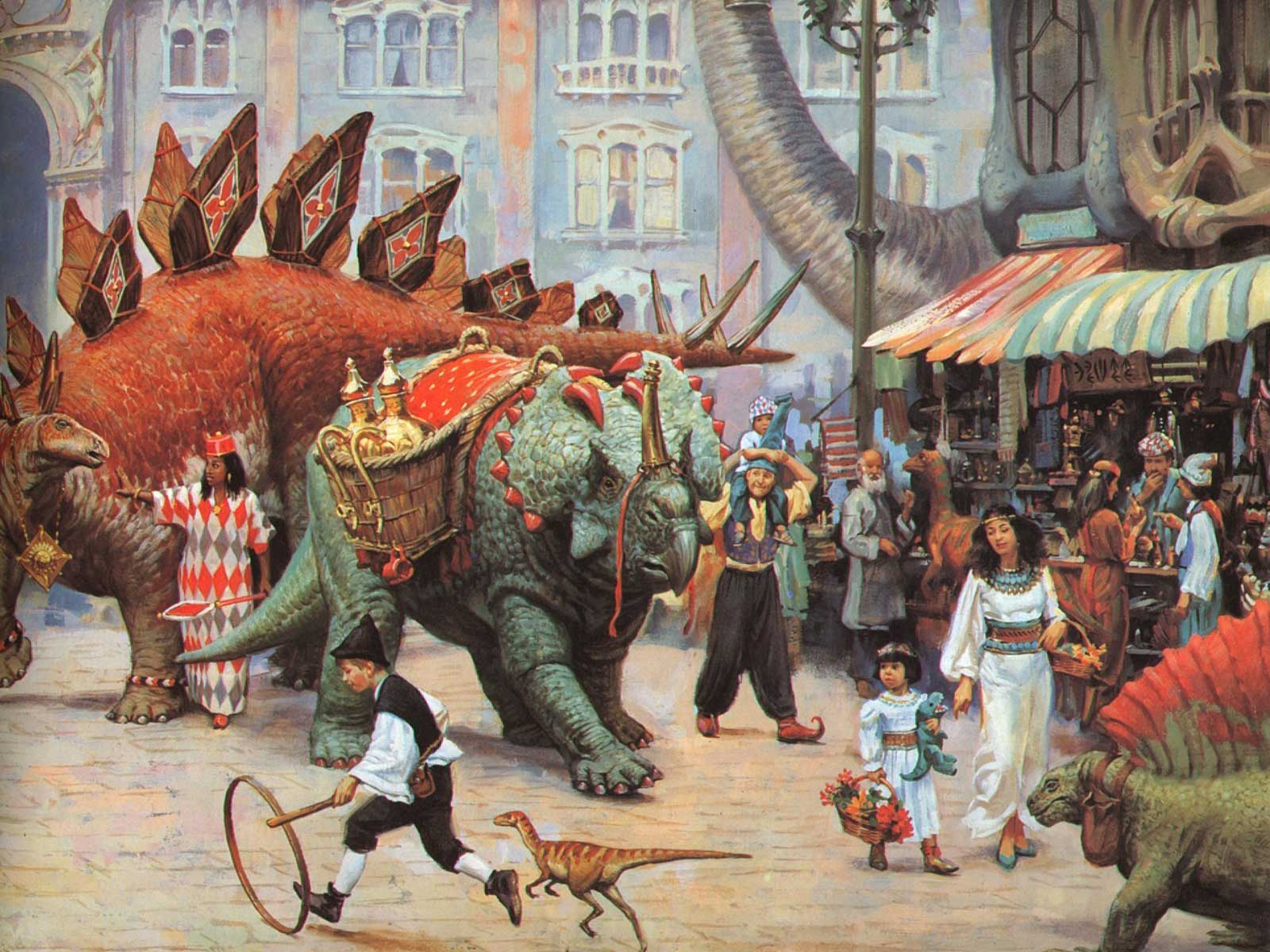Tag Archives: Fantasy Storytelling
VLOG 2: Where I Rail In Support of Dream Narratives
(VIDEO: I say hi, talk a bunch about my writing beginnings, and discuss the importance of dream-writing in novels. Note: My official stance is: Dream Writing is not inherently Weak Writing; Weak Writing is Weak Writing. Also, cool new intro music I stole from a professional a capella group. JK. I made it myself.)
In a nutshell: I had a complicated childhood (who didn’t?) and my out for this was telling myself stories gleaned from remembering dreams. Some were nightmares, terrible, terrifying things. Others were blissful stories I started, journeyed through, and finished in a single night. I fell into scifi/fantasy because it’s from where all my stories grew. I’da gone horror if I had any experience with it.
Table Top Role Playing Games: A Form of Communal Storytelling?
I put on my robe and wizard’s hat.

What’s the world’s second oldest profession? Lazy research aside, I contend it’s storytelling. In fact, I’ll go a step farther and say it’s in contention for being the oldest profession. The idea of communal storytelling isn’t new. Every culture, its history, its values and morals and beliefs, has been built on communal storytelling: word-of-mouth, sea shanties and ballads and whatnot, shared experiences then retold through fable or music, the religious practices of attending services to recite parables written down in The Bible. A powerful way to keep stories alive. My focus is on a re-emergence of communal storytelling through TTRPGs.
Because we people love to connect socially. (Unfortunately I’m not referring to any non-person, alien, intelligent treasure chest, or genius loci)
I come at this from a writer’s perspective, where everything is Story. This is part one in a three-part series about Communal Storytelling.
Continue readingKell in A Peculiar Coat

V.E. Schwab’s first chapter of A Darker Shade of Magic is a thing of beauty. We querying writers, and studiers of the medium, are trained to focus down on the first chapter as the single most important part of the novel: it introduces the main characters (usually), it identifies setting, plot (usually), and must pull the reader in or else the rest of the book is useless. We have many ways to do such a thing: hard and fast action, memory recollection, a hard choice, or a fantastical setting to name a few.
But unlike most I’ve read in the past decade, this first chapter, with Kell and King George III, continues to resonate. I read it three years ago, I’ve read plenty since then, and I’ve returned to the chapter time and again for my own personal interest. If I were to teach a class on genre fiction writing, or fantasy writing, or even novel writing at all, I would place this chapter in the lineup. I’d set it beside A Heartbreaking Work of Staggering Genius in its ability to pull the reader in. But unlike A Heartbreaking Work, Schwab wrote this chapter intending it to be a chapter, and not a fully-fleshed tale in itself. It is a mastercraft piece of work.
Continue readingHow the Dinotopia Fantasy Book Series Saved Me
Breathe Deep, Seek Peace.
I know. I know. It isn’t Harry Potter, or Wheel of Time, or the Lord of the Rings, or the Dresden Files. It’s… dare I say… better?*
This post comes on the coattails of a delightful tweet where a class of students is reading Nic Stone’s Dear Martin, and one student’s reaction to an important part of the book. It warmed my heart so much to watch, and I immediately remembered when I was that age, or younger, and the series of books that hit me in the emotional space.

The book series was called Dinotopia, written in 1992 by James Gurney, surrounding a fictional island in the 1800’s where intelligent dinosaurs and people coexisted peacefully. The series began with three books that artfully depicted delicious, crisp scenes reminiscent of 1950’s art, da Vinci-esque machinery, and vibrant clothes, all surrounding a cast that felt almost small-town in nature; salt-of-the-earth folks. The colorful books won Hugo awards, and were apparently super successful.
And, I didn’t own either of the three of them. I read the first two, piecemeal, at Waldenbooks (rest its soul) because they were too expensive for me to buy. I randomly came across them at friends’ houses, but was too uncomfortable mentioning it because it was fantasy, and fantasy was fake.
